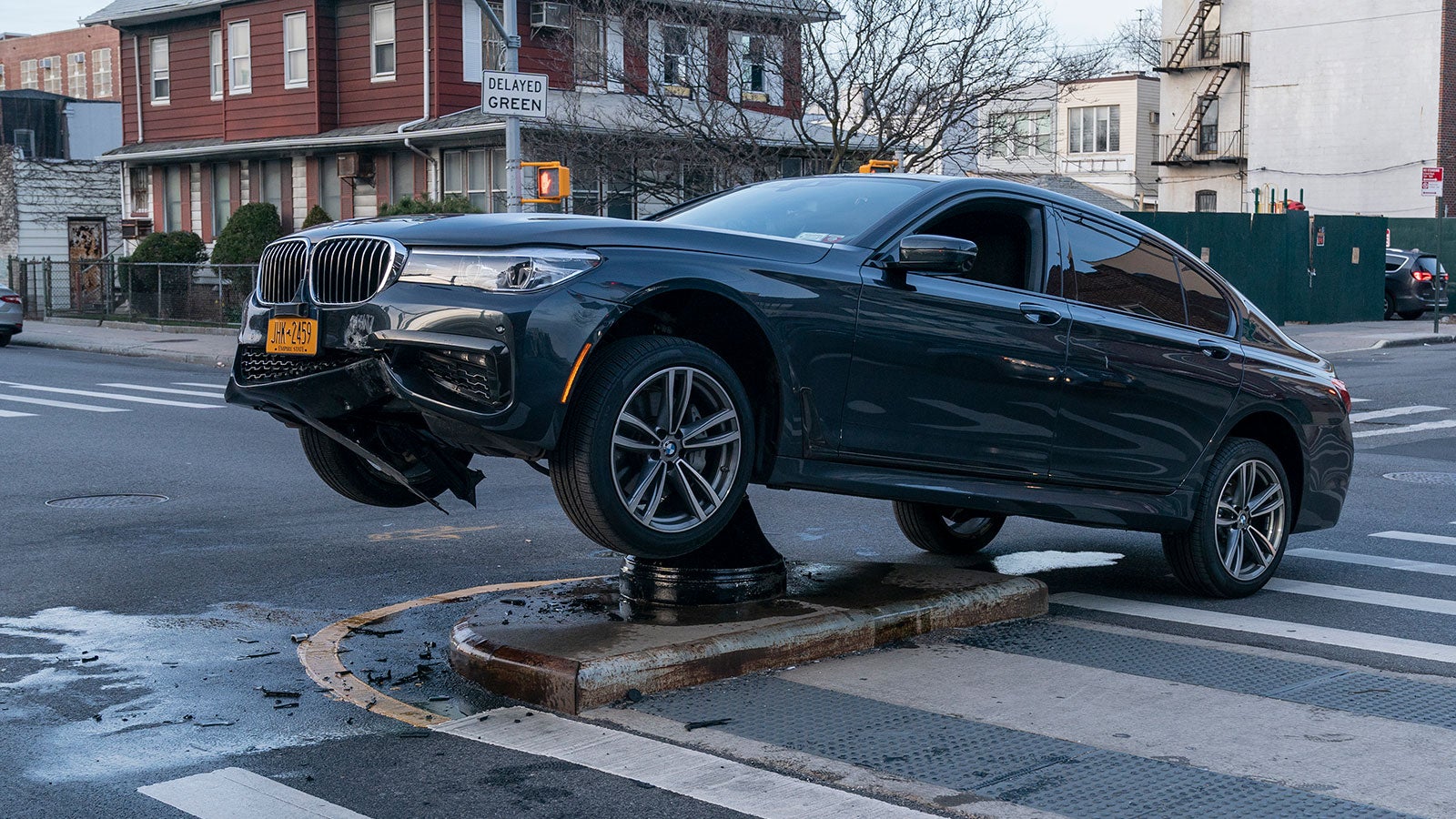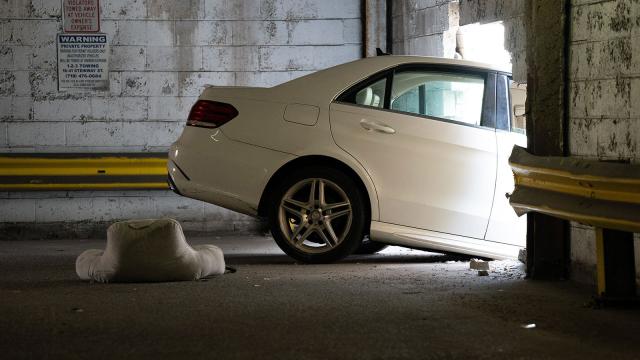A new study says we might be brainwashed to ignore the risks associated with building our lives around driving.
The term given to this brainwashing online is “car brain,” which you might see batted around corners of the internet like r/fuckcars on Reddit.
This, according to The Atlantic, is a phrase used to describe people who will never see the flaws in driving and will, instead, believe that infrastructure must be changed to keep pedestrians or cyclists safe and away from cars. An example of this would be people calling on pedestrians to wear highly visible clothing following a spate of road deaths, rather than, say, cutting out the cause of crashes: cars.
And while you might think that’s an exaggerated example, it’s really something that policymakers and law enforcement wheel out every now and then.
But cars do more than just hit innocent pedestrians and cyclists, and a new study has found that we’re actually letting an awful lot slide because of our love of cars. The study looked at the allowances motorists made for cars in the UK and while car culture is a little different across the pond, a lot of the findings remain applicable to America as well.

To find out what kind of risks people will accept when behind the wheel, a team of scientist led by environmental psychology professor Ian Walker put a series of questions to UK road users. As The Atlantic explains:
“Walker and his team created pairs of questions designed to suss out the existence of a pro-car bias in society. The questions range from clever to somewhat chin-scratching. For instance, should people smoke cigarettes in highly populated areas where other people would have to breathe in the smoke? Forty-eight per cent of respondents strongly agreed that they should not.
“Should people drive cars in highly populated areas where other people would have to breathe in the exhaust fumes? Only four per cent strongly agreed that they should not. If you leave your car in the street and it gets stolen, is it your fault? Eighty-seven per cent said no. If you leave anything else in the street and it gets stolen, is that your fault? Forty per cent said yes.”
The findings of the study, Walker says, shows that we have “lost the ability to look at it objectively.”
Now, in 2023, it feels like we need to rediscover our critical thinking when it comes to cars. The Atlantic explains that an estimated 46,270 people were killed by cars in 2022, which was up by more than 18 per cent over just three years previously.
Now, as cars get heavier and more powerful as we switch to electric vehicles, we really need to start paying attention to the inherent risks that come with driving and building our lives around cars. After all, just 88 people were killed by the New York City subway in 2022, compared with the 37,848 car crashes across the city that involved an injury or fatality.
